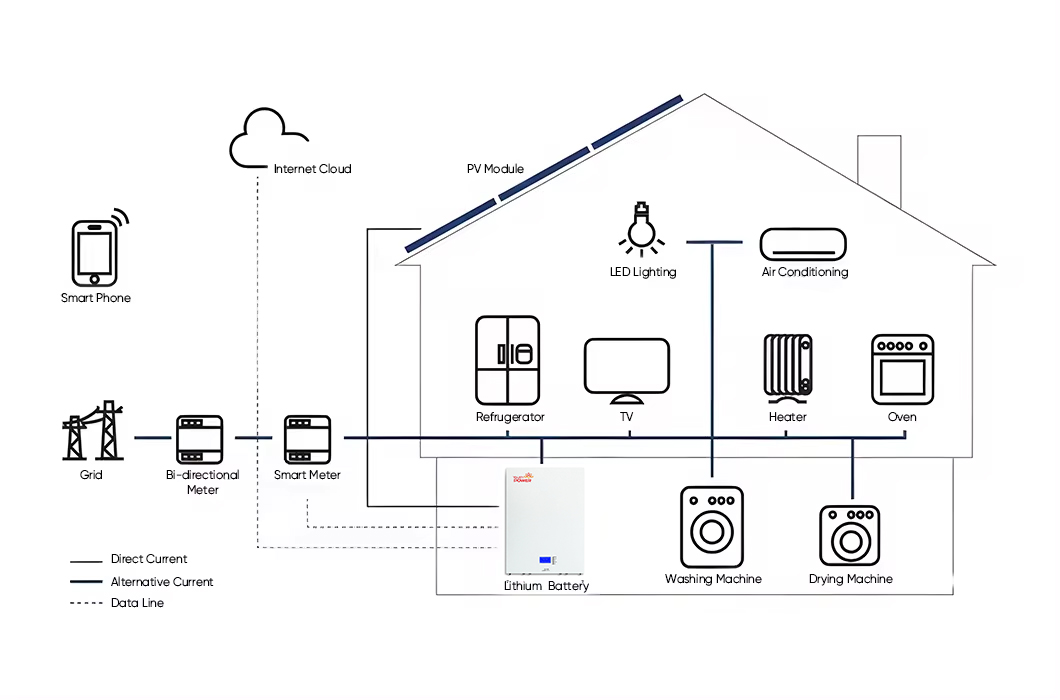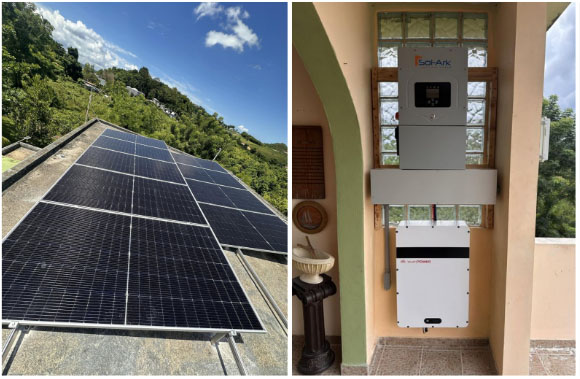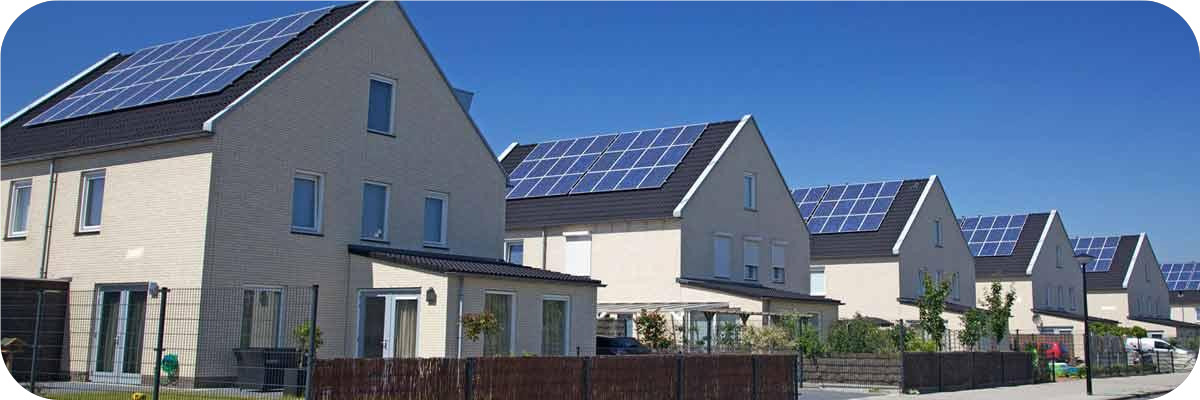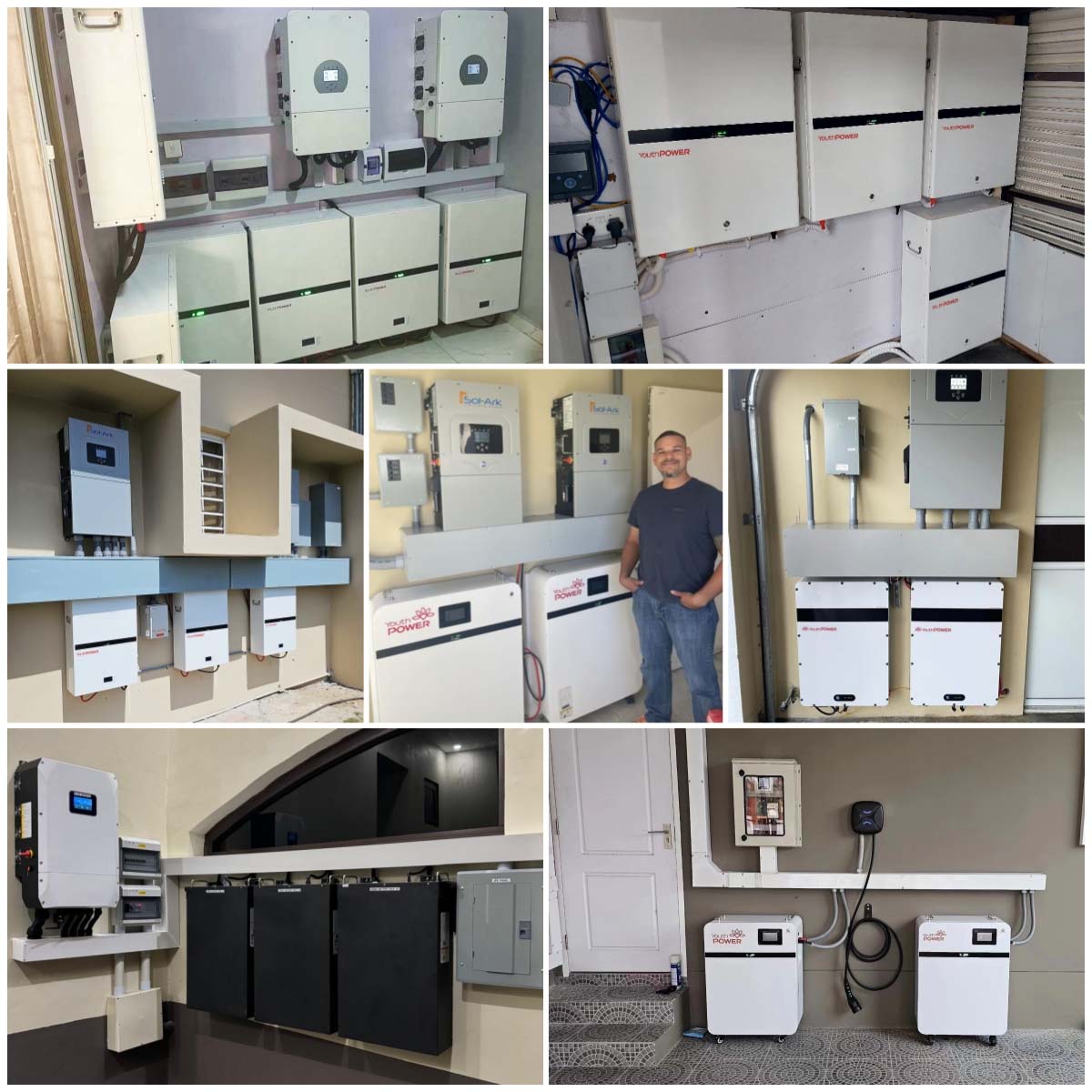A low voltage (LV) battery typically operates below 100 volts, commonly at safe, manageable voltages like 12V, 24V, 36V, 48V, or 51.2V. Unlike high-voltage systems, LV batteries are easier to install, maintain, and are inherently safer, making them ideal for residential and small commercial energy storage.
At YouthPOWER LiFePO4 Solar Battery Manufacturer, with 20 years of expertise in home & commercial battery storage manufacturing, we specialize in delivering professional, cost-effective LV battery storage solutions for reliable power. This article explores low voltage lithium batteries (especially LiFePO4), explaining how they work, their advantages, applications in home and small commercial solar storage, market trends, and why YouthPOWER is your ideal partner for LV battery storage solutions.
1. How Does A Low Voltage Battery Work?
An LV battery stores electricity (like from solar panels) as chemical energy. When needed, this energy is converted back into electrical current at a stable, low voltage (e.g., 24V, 48V, 51.2V).
This DC power is used directly by compatible devices or converted to AC power for standard appliances via a low voltage hybrid inverter.
Safety features prevent damage if the battery voltage low or system battery voltage is low condition occurs.

2. Advantages of Low Voltage Lithium Battery
LV lithium batteries, especially LiFePO4, offer significant benefits:
(1) Enhanced Safety: Lower voltages reduce electrical hazard risks. LiFePO4 chemistry is inherently more stable than other li ion battery low voltage or lipo battery low voltage options.
(2) Simpler Installation & Maintenance: Easier wiring and permitting compared to high-voltage systems. No need for specialized electricians in most cases.
(3) Cost-Effectiveness: Generally lower upfront costs for components like inverters and wiring.
(4) Deep Cycling & Long Life: Designed as low voltage deep cycle battery units, they handle regular, deep discharges exceptionally well, offering thousands of cycles. Ideal for daily solar charging and usage.
(5) Scalability: Easily expand your low voltage battery system by adding more batteries in parallel.

3. Low Voltage LiFePO4 Battery for Home and Small Commercial Use
LV LiFePO4 batteries are the perfect fit for:
- >> Home Energy Storage System: Power essential loads during outages, maximize solar self-consumption (low voltage solar battery), and reduce grid reliance. A 48V lifepo4 battery or 51.2V lifepo4 battery is the standard for modern low voltage home battery setups.
- >> Small Commercial Storage System: Provide dependable backup power for offices, shops, clinics, or telecom sites. 24V lifepo4 batteries or 48V systems are efficient in handling critical small business loads. Their robust deep cycle battery with low voltage capability is suitable for daily commercial energy cycling.
4. Global Low Voltage Battery Market
The demand for low-voltage battery storage is surging globally. Key drivers include rising electricity costs, increasing renewable energy adoption, the need for energy resilience, and supportive government policies such as tax exemptions and subsidies for home solar installations in many countries. LiFePO4 technology is rapidly becoming the dominant choice in the LV lithium battery segment due to its superior safety, longevity, and performance, particularly in residential and small commercial applications (LV LiFePO4 battery).

5. Best YouthPOWER LV Battery Solutions
YouthPOWER provides premium, reliable low voltage batteries designed for solar storage excellence:
√ Residential Powerhouse: Our high-capacity 48V lifepo4 battery and 51.2V lifepo4 battery systems seamlessly integrate with solar, providing whole-home or essential circuit backup. Includes matching low voltage battery charger systems.
√ Small Business & Robust Applications: Durable 24V lifepo4 battery and 48V solutions offer dependable power for commercial needs or demanding applications (e.g., RVs, off-grid cabins).
√ Expertise You Can Trust: Benefit from 20 years of LiFePO4 innovation – we engineer safety, long cycle life, and optimal performance into every LV battery storage unit.

6. Conclusion
Low voltage batteries, particularly advanced low voltage lithium battery systems using LiFePO4 chemistry at 24V, 48V, and 51.2V, offer a safe, efficient, and cost-effective solution for home energy storage and small commercial backup. If your battery is in a low voltage state needs replacing or you're planning a new solar storage system, consider the significant advantages of modern LV LiFePO4 technology. YouthPOWER provides the expertise and high-quality low voltage battery system solutions you need for reliable, long-lasting power independence.
7. Frequently Asked Questions (FAQ)
Q1: What exactly is meant by "low voltage" for a battery?
A1: What is the low battery voltage? In energy storage, it typically refers to battery systems that operate below 100V, commonly at 12V, 24V, 48V, or 51.2V DC. These systems are safer and simpler to manage than high-voltage systems (>400V).
Q2: Are low voltage batteries safe?
A2: Yes, LV systems carry significantly lower electrical risks than high-voltage systems. LiFePO4 (low voltage lithium battery) chemistry adds another layer of thermal and chemical stability. Always be cautious if your battery system voltage low indicator activates.
Q3: Why choose LiFePO4 for a low voltage deep cycle battery?
A3: LiFePO4 batteries excel as deep cycle battery low voltage units. They withstand daily deep discharges far better than lead-acid, offer vastly longer lifespans (thousands of cycles), require no maintenance, and are much safer and more efficient.
Q4: What size LV battery system do I need for my home?
A4: It depends on your energy consumption and backup goals (essential loads vs. whole home). A typical home energy storage system typically uses either a 48V lifepo4 battery or a 51.2V lifepo4 battery configuration. Please consult with the YouthPOWER sales team (sales@youth-power.net) or a locally qualified solar installer for an assessment.
